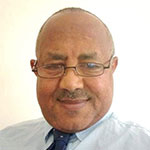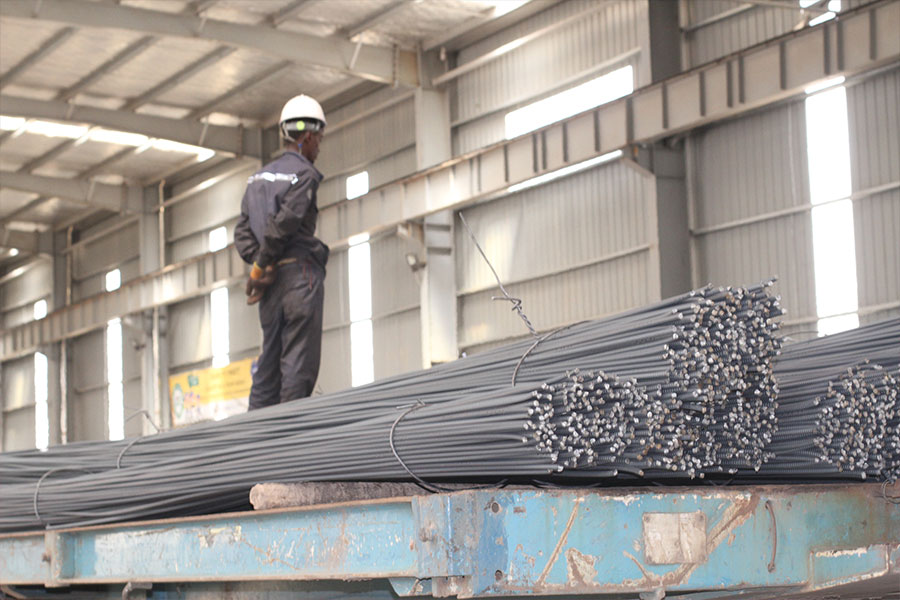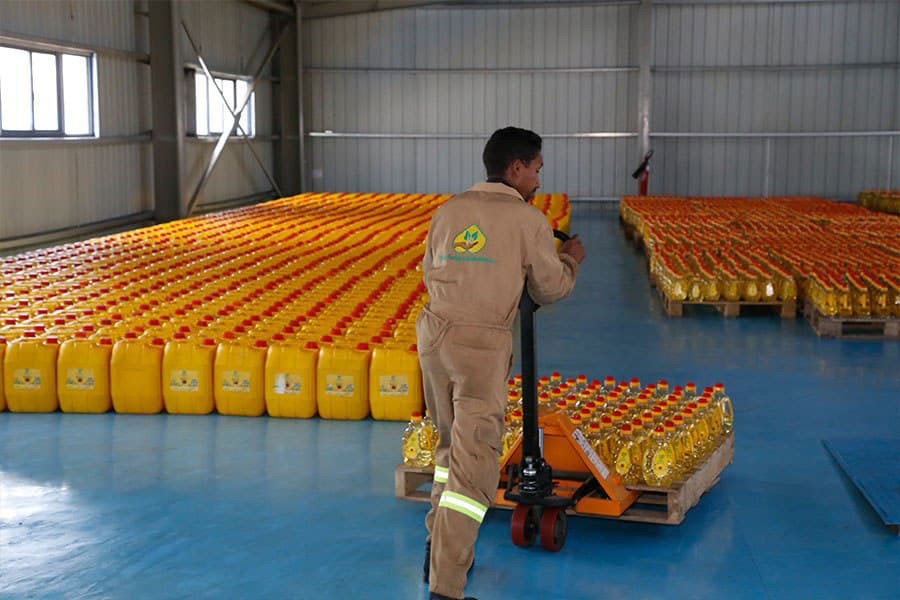
Viewpoints | Oct 28,2023
Nov 26 , 2022
By ASSEGED GEBRMEDIHN
The future is not ahead of us; it has already ensued. We stand on a cliff, stepping into a new era of enormous change and uncertainty characterised by a borderless interconnected global economy. It is hard to be indifferent to a change at the world's edge. The walls have crumbled, and we are highly networked and interconnected beyond expectation as the world becomes a bigger village fueled by the demand for democracy driven by free markets.
The adage "think global and act locally" no longer serves the current business world. The tightly woven fabric of distance and instant connection weave our diverse world together. We can question whether the same methodology works for the financial and service sectors.
The beautiful but challenging dynamism significantly sheds the focus of business leaders, urging them to apprehend the mobility of resources they are commanding. People, information and capital move with little restraint, making it challenging to control them with limited local knowledge. Global media, international travel and advanced communications have eroded distance and borders, instantly linking us with others anywhere in the world.
Should we not think globally and change our mindset before the force of change conquers our thinking as it does to borders?
Ours is a unique era in history and the most challenging century, constantly pushing us to the wave of change where we learn the most diversified wisdom of the electronic revolution and economic interdependence. This is not a change in degree, size or colour. It is fundamental in everything.
As a nation or an industry, we end up with loss and bankruptcy sooner than later if we keep thinking the way we believe yesteryears. Globalisation is a system of millennia that shapes domestic and international politics and changes the rule of trade.
The blessing of dynamics became a curse when we tried to interact locally without exposure to learning skills functional on a global stage. A company or an industry could no longer thrive without an adequate understanding of how to trade in a networked world with technological devices used as a hose. The internet and e-commerce dramatically change how we do business, forever altering our relationships with customers and suppliers. Employees have access to information never dreamed of a decade ago.
Ethiopia could have a growing economy, but it could not create a strong brand in business after launching a free market economic policy. Our corridor does not have a strong bank, branch, or subsidiary insurance business. The need to have global literacy is not a stand-alone element in globalisation; policy changes and regulatory amendments should be in place. A nation will benefit if it trades globally at a larger operational spectrum than remaining complacent with bumpy past success.
Treading globally is today's demand and not a question of later.
How much time and space should we give to change our domestic policies, regulations, and institutional directives, to fit into a free market and reorient all national resources to globalisation?
Globally connected capital markets produce open and transparent exchanges where investment flows seemingly among trading floors worldwide. Ethiopia deserves optimal benefit from globalisation as it plays a significant role in the continent. Avoiding our lack of forethought and entertaining the global marketing strategy is better. The blessing of dynamism is like its very nature, a permanent process and a stream without a final destination.
Global literacy would help us develop networks with multinational companies. It assists us in creating a team working to acquire entrepreneurship. In this competitive marketplace, there is a race for talent, creating a whole new knowledge-generating industry. This could be achieved through global literacy. Managing knowledge, developing networks and building partnerships are essential skills we can tap into.
Business leaders should strategically foster a knowledge-based service industry, create a climate of trust and teamwork, and proactively equip employees with global trends. The world will not wait for us. It will react differently if we wait for the future. We cannot optimise the nation's assets if a company waits for the change but cannot simultaneously maximise the blessing of the change.
Capital market knowledge starts from the free market theory, which was constitutionalised in the country 25 years ago. But we do not have a secondary market, and thus insurers and bankers are obliged to invest in a wasteful circle. Our knowledge of plying international trade is inadequate.
Once the government works its policy frameworks towards global literacy, its appetites and attitude drive businesses and economic sectors towards global competitiveness. New threats and emerging risks are rising everywhere. But we cannot escape the risk of global illiteracy.
PUBLISHED ON
Nov 26,2022 [ VOL
23 , NO
1178]


Viewpoints | Oct 28,2023

Fortune News | Dec 10,2022

My Opinion | Sep 30,2023

Radar | Nov 02,2019

Commentaries | Mar 23,2024

Viewpoints | Jan 22,2022

Fortune News | Nov 13,2021

Fortune News | Mar 05,2022

Commentaries | Dec 30,2023

Commentaries | Oct 28,2023

Photo Gallery | 175454 Views | May 06,2019

Photo Gallery | 165675 Views | Apr 26,2019

Photo Gallery | 156016 Views | Oct 06,2021

My Opinion | 136819 Views | Aug 14,2021

Dec 22 , 2024 . By TIZITA SHEWAFERAW
Charged with transforming colossal state-owned enterprises into modern and competitiv...

Aug 18 , 2024 . By AKSAH ITALO
Although predictable Yonas Zerihun's job in the ride-hailing service is not immune to...

Jul 28 , 2024 . By TIZITA SHEWAFERAW
Unhabitual, perhaps too many, Samuel Gebreyohannes, 38, used to occasionally enjoy a couple of beers at breakfast. However, he recently swit...

Jul 13 , 2024 . By AKSAH ITALO
Investors who rely on tractors, trucks, and field vehicles for commuting, transporting commodities, and f...

Oct 18 , 2025
The political establishment, notably the ruling party and its top brass, has become p...

Oct 11 , 2025
Ladislas Farago, a roving Associated Press (AP) correspondent, arrived in Ethiopia in...

Oct 4 , 2025
Eyob Tekalegn (PhD) had been in the Governor's chair for only weeks when, on Septembe...

Sep 27 , 2025
Four years into an experiment with “shock therapy” in education, the national moo...

Oct 18 , 2025 . By NAHOM AYELE
In a sweeping reform that upends nearly a decade of uniform health insurance contribu...

Oct 18 , 2025 . By BEZAWIT HULUAGER
A bill that could transform the nutritional state sits in a limbo, even as the countr...

Oct 18 , 2025 . By SURAFEL MULUGETA
A long-planned directive to curb carbon emissions from fossil-fuel-powered vehicles h...

Oct 18 , 2025 . By BEZAWIT HULUAGER
Transaction advisors working with companies that hold over a quarter of a billion Bir...